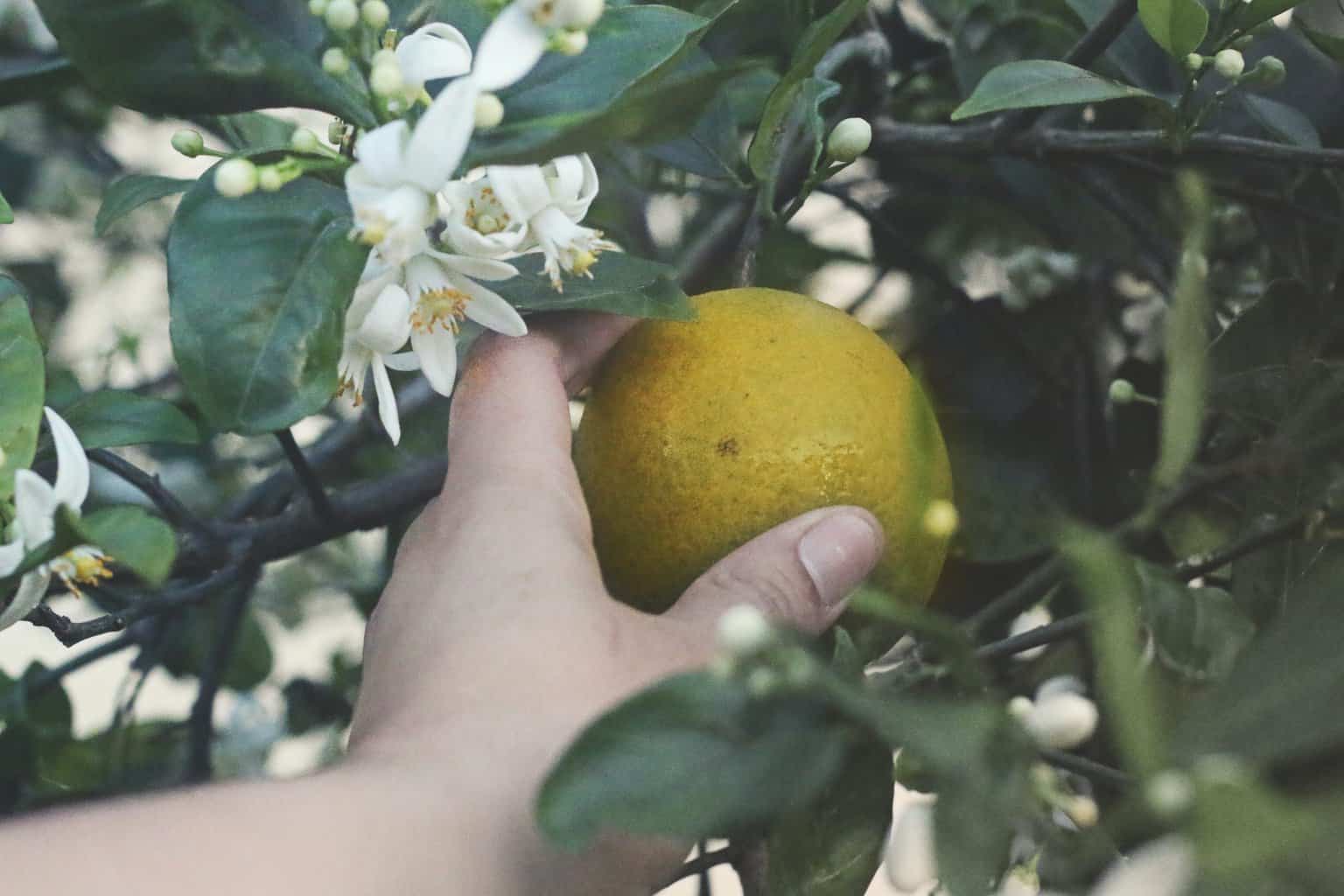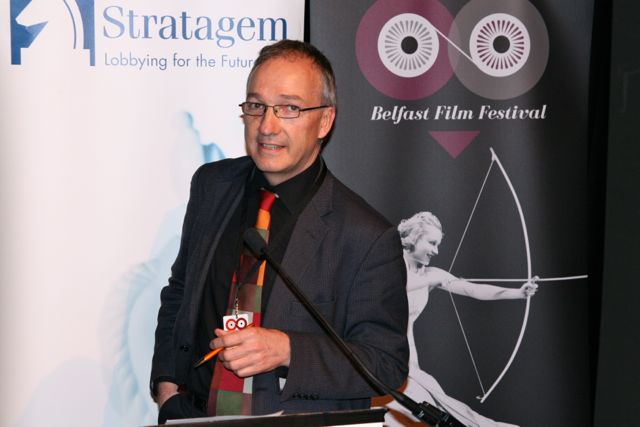#GFA25: How the YES campaign achieved its strategic outcome…
In March 1998 I helped found and lead the YES Campaign for the 22nd May Referendum on the Good Friday Agreement, actually before the agreement had even been reached – and while 85% of voters had no confidence in any resolution to our centuries of seemingly ‘intractable’ conflict. Why? Let me approach this from the campaigner’s perspective, rather than as analyst, policy-maker or pundit. First, the motives; when a dozen of us met on St Patrick’s Day to discuss a …




